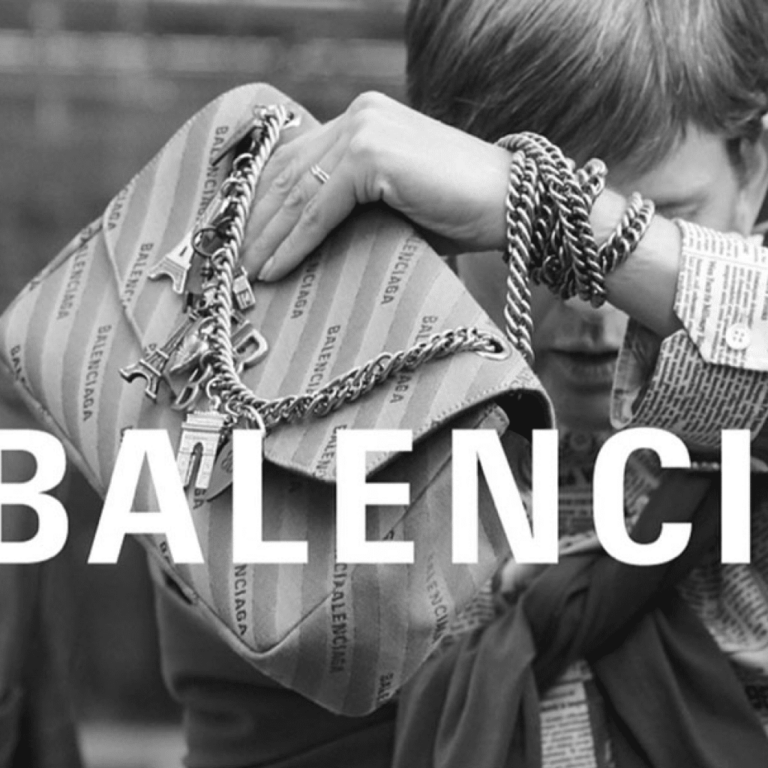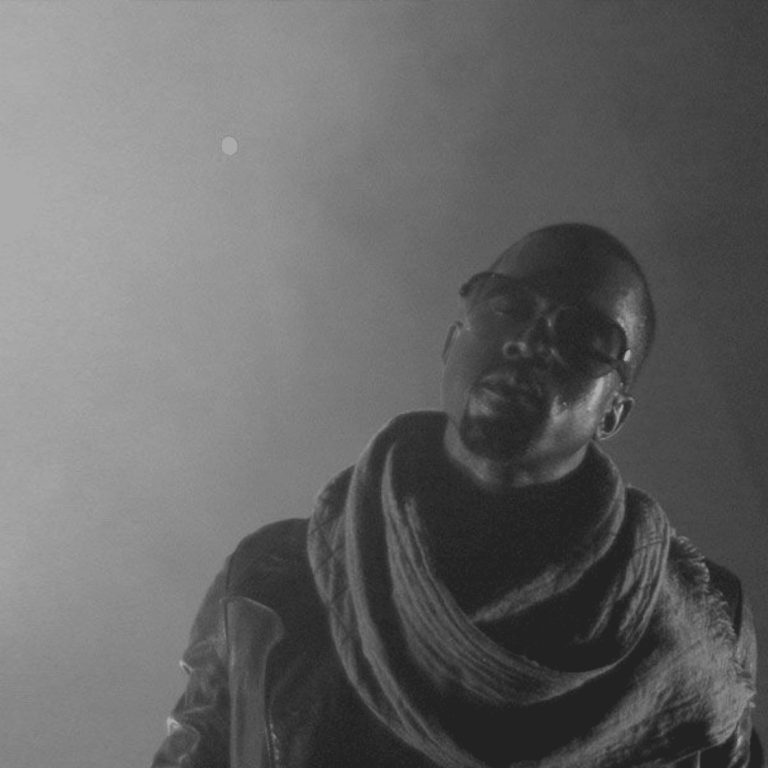INSIGHTS / BRAND & STRATEGY
4 TIPS FOR BRANDS WHO WANT TO BE SOCIALLY CONSCIOUS
Uberbrand on 18/07/2018
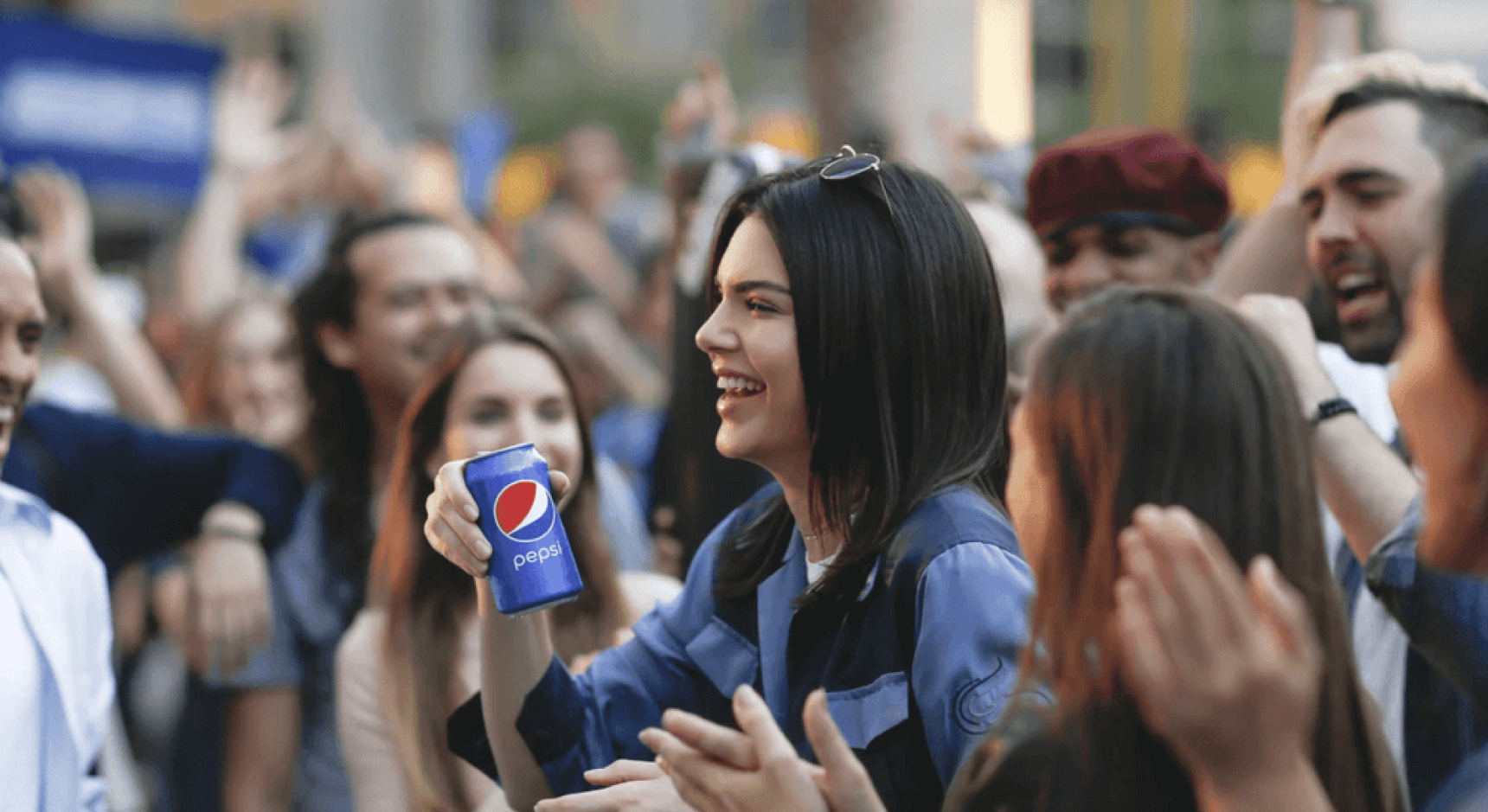
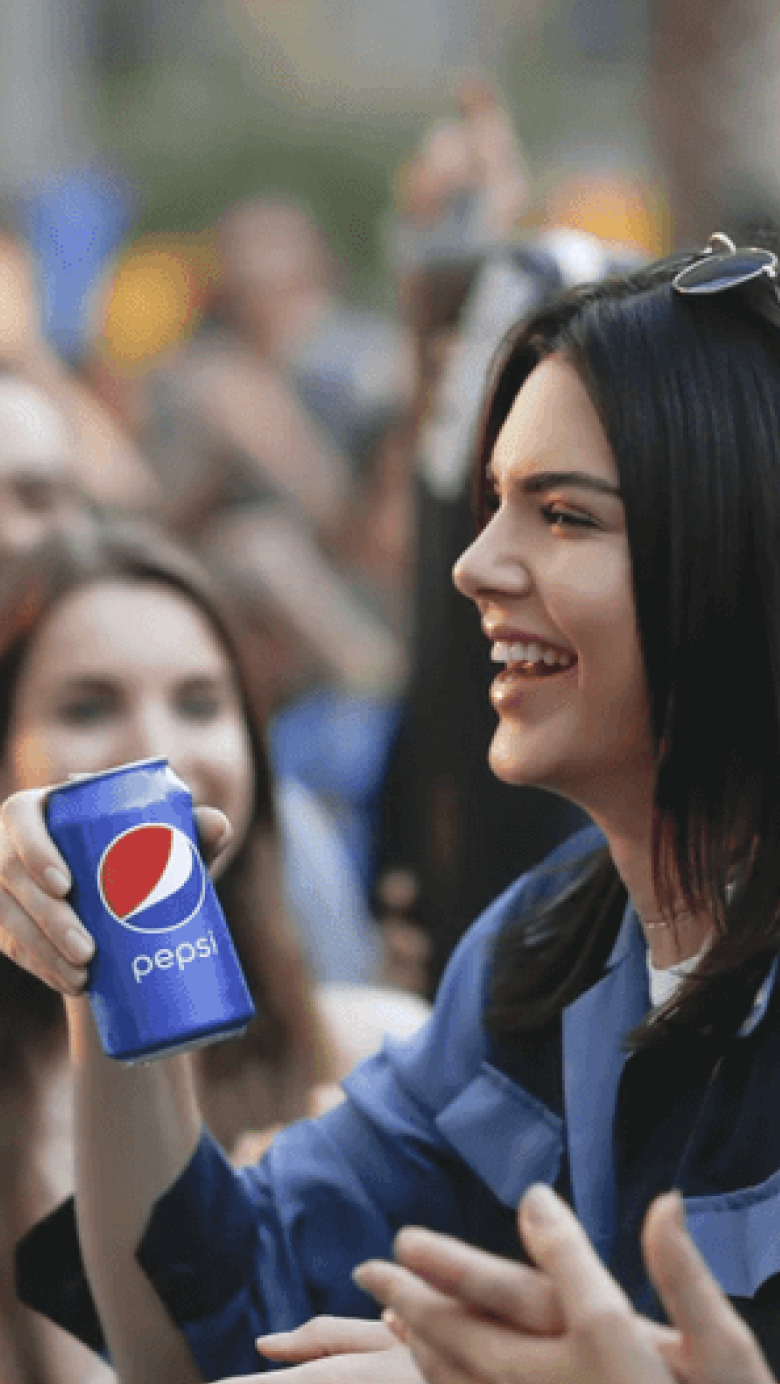
“Brands and social consciousness: it’s about authenticity, delicacy and proactivity.”
Whilst social consciousness in BRANDING AND MARKETING might not be anything new, it’s safe to say that we’re in a golden age. And that makes sense, considering the current, oftentimes depressing state of the world. That being said, social consciousness isn’t always so simple. So, here are our key points to keep in mind for brands who want to be socially conscious.
1. Be Authentic
If you want to present your brand as socially conscious, make sure you can back it up. Westpac was named the Socially Responsible Bank of the year by Money’s 2014 Consumer Finance Awards. And in 2017, they were ranked as the most sustainable corporation in the world for the tenth time, according to the Dow Jones Sustainability Index. The bank has a history of putting their money where their mouth is when it comes to being socially conscious.
That’s why it didn’t feel off when they launched their multi-channel campaign this year with the tagline, “Help. It’s what Australians do.” The TVC was complete with a cheesy cover version of David Bowie’s “Heroes”, laid over scenes of Australians helping each other. There’s no doubt that the spot is… a bit much. But with a background like theirs, Westpac gets away with it. Walking the walk means they can talk the socially conscious talk.
2. Be on Brand
Coca-Cola is a veteran of socially conscious marketing. Way back in 1971, Coke sought to align their brand with world peace, with their now famous TVC that depicted young people from various cultural backgrounds singing together (with colas) on a hillside. Since then, the company has consistently campaigned to connect their brand with a sense of togetherness, sharing and inclusivity. Sure, some examples might have been more successful than others, but on the whole, this work has been effective for them.
Coke is now able to own their social conscience and partake in conversations on a diverse range of social issues – because of the strength of their brand. Their message is simple: if you can come together to share a Coke, then you can come together to share a civil discussion or a helping hand.
They, like many brands, were quick to add their voice to Australia’s “Vote Yes” movement during the lead-up to the plebiscite on marriage equality. Coke went so far as to release a special line of cans and change their heritage listed neon sign at Sydney’s Kings Cross to the rainbow colours of the pride flag. With their brand message of inclusivity so consolidated, their involvement felt sincere.
Originally posted on COCA-COLAJOURNEY.COM.AU
3. Be Careful
I’m sure you’re aware of another beverage company who took a clumsier stab at social consciousness recently. Pepsi. When they launched their now infamous 2017 TVC, “Live for Now”, the internet exploded in outrage. To jog your memory, the piece featured Kendall Jenner joining a Pepsi branded protest to give a can of cola to a policeman. What was apparently meant as a gesture of solidarity was received as something that trivialised demonstration and movements like Black Lives Matter. Within a short period, Pepsi had pulled the ad and made an official apology.
The reason that the footage went over so badly can be boiled down to authenticity. Nothing about the brand of either Pepsi or Kendall Jenner seems relevant to protests or police brutality–the conversations that Pepsi was trying to tap into. Suggesting that injustice and oppression could be overcome through a Kardashian serving law enforcement a fizzy drink is clearly ridiculous. As such, Pepsi was seen as simply trying to piggy-back and cash in on important social movements. Not so much socially conscious as unflatteringly opportunistic.
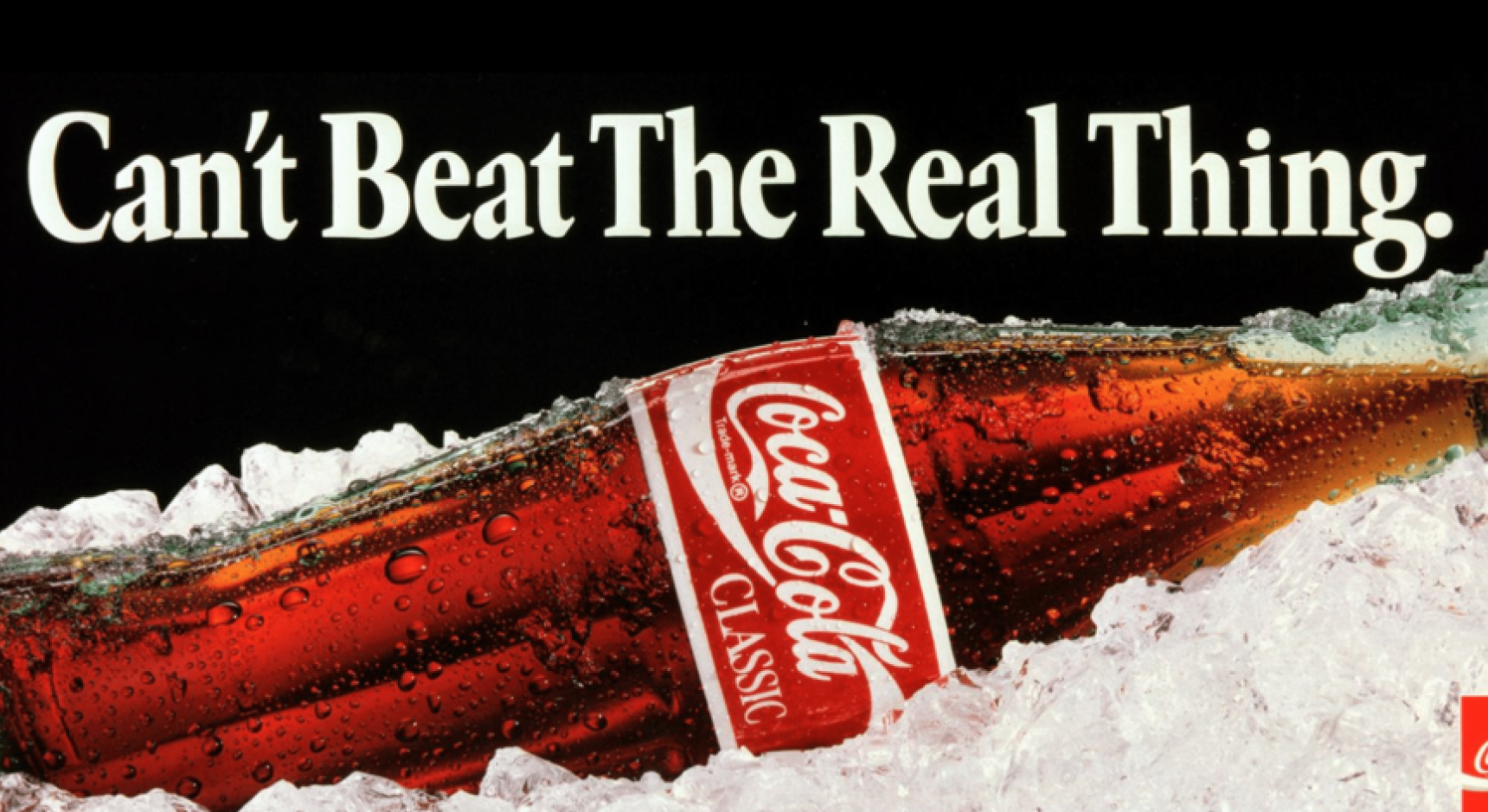
4. Be Active
Pepsi’s campaign failed because their brand was too weak to support the weight of the heavy issue they tried to tackle. If you want to comment on an issue or do something to contribute to resolving it, then you’ve got to work for it. And once you’ve put in the groundwork, you’ve got to put in the effort to get your message out there.
There’s a whole host of Aussie fashion brands out there currently doing just that. Brands like Vege Threads (I mean, what they do is pretty self-explanatory), Etiko and Pure Pod. The core of their business model is grounded in social consciousness and the greater good. That’s a badge they wear with pride, quite literally, sewing their ethics and initiative into their brand name. This seems to be working for them, in a consumer climate that’s sceptical of capitalism and all the negative effects associated with it.
—
These days, not standing for something as a brand is tantamount to being unethical. For consumers, it’s not considered an added bonus for brands to be socially conscious – it’s an expectation. However, as the case of Pepsi shows, there’s a right way to go about the social conscience game. Thought, sincerity and sensitivity are essential if a brand wants to play their part and be rewarded for it.
How important do you think social consciousness is for brands? Do you think brands should involve themselves in touchy topics like marriage equality? LET US KNOW.
























